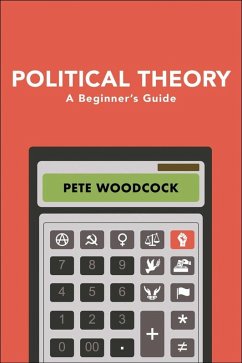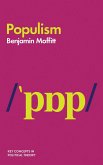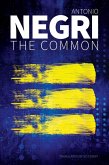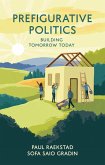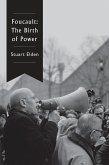Dieser Download kann aus rechtlichen Gründen nur mit Rechnungsadresse in A, B, BG, CY, CZ, D, DK, EW, E, FIN, F, GR, HR, H, IRL, I, LT, L, LR, M, NL, PL, P, R, S, SLO, SK ausgeliefert werden.
Russell Bentley, University of Southampton
'Woodcock's book is well written, provides clear summaries and descriptions of the relevant political theories, and is supplemented by helpful text boxes. Descriptions of the philosophers are very engaging and enhanced by real-world examples that students can readily identify with.'
Elissa B. Alzate, Winona State University

